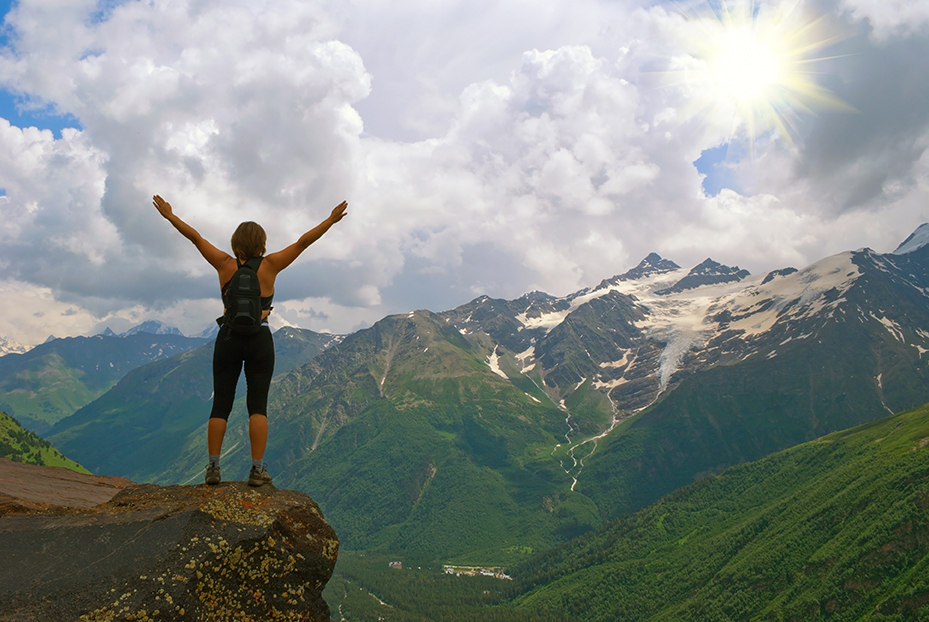How to Help Your Body Adjust to the Altitude

Breckenridge is situated at 9,600 feet above sea level. If you adventure on the peaks, you will climb even higher. High altitudes can take its toll on your body but there are few things you can do to help your body adjust and avoid the extreme effects of altitude sickness.
Mild Symptoms
Typically altitude sickness symptoms are mild. They include headache, sleepiness, nausea, and dizziness. Some symptoms can become severe. If this occurs, see a doctor and get to a lower elevation as soon as possible. Essentially, your body has to work harder to get oxygen to your organs because there is less oxygen available in the atmosphere.
Medication
There are some prescription medications that combat altitude sickness. If you know you are prone to altitude sickness, talk to your doctor about medication before you leave. Some medications need to be started before you leave for higher altitudes. Many people prefer not to take medication because they often have other side effects.

Acclimate
Altitude.org informs that the best way to avoid altitude sickness is to get to higher elevations slowly. Plan for a day in Denver or Colorado Springs before coming all the way up to a high elevation. This will help your body adjust.
Stay Hydrated
Staying hydrated is another great way to stave off effects of high altitude. The environment is extremely dry and water evaporates faster at higher altitudes so it is easy to become dehydrated. Dehydration won’t necessarily cause altitude sickness, but it can exacerbate the symptoms. Drinking a lot of water can help prevent headaches and nausea.
Mild Exercise
High altitudes can make you feel sleepy. It might be tempting to lay down and rest, but laying down often makes it harder to take in oxygen. Mild exercise such as a brisk walk can help your body take in the oxygen it needs without overtaxing it. When you do sleep, try to sleep propped up so that it is easier to breathe. Try to avoid extreme exertion the first day or two at high altitude. Extreme physical activity requires a lot of oxygen to your muscles. If you are not acclimated, you may push your body beyond what it can handle.
Supplemental Oxygen
If you are struggling to catch your breath, can’t kick the headache, or you are having a hard time sleeping at night, you can use supplemental oxygen. You can buy cans of oxygen at the grocery store or in specialty stores. You can also visit an oxygen bar. A little extra boost of oxygen can often take the edge off and help you adjust to a higher elevation.

Sun Protection
Keep in mind that the sun is stronger at high altitude because there is less atmosphere blocking UV rays. Use sunscreen and protective clothing and eyewear in any season and any weather, cloudy or sunny. Sun exposure can add to exhaustion, headaches, and nausea.
Be Prepared
When you are prepared for the problems altitude can cause, altitude sickness will not get in the way of your vacation. Plan to acclimate, drink plenty of water, participate in mild activity until you have adjusted, and prevent too much sun exposure. These few precautions will help you have a safe and healthy vacation.





